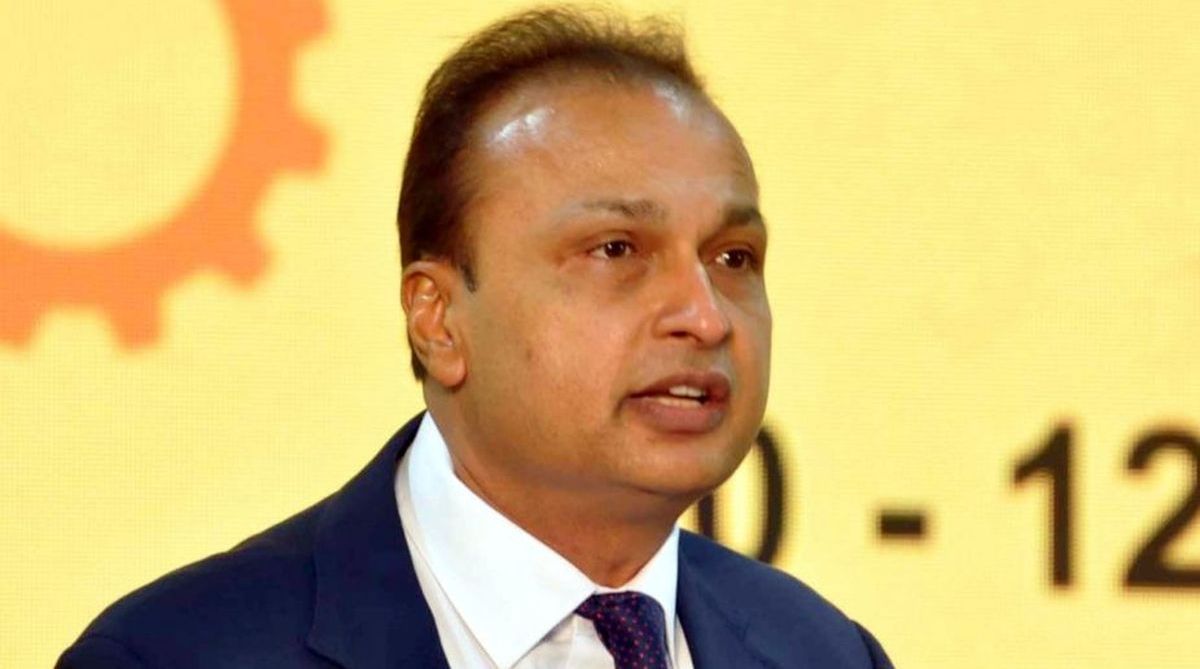Anil Ambani reviewing SEBI order, to take next steps based on legal advice
He will take appropriate next steps based on legal advice, according to his spokesperson on Sunday.

Anil Ambani. (Photo: IANS)
There are three aspects to the cases instituted by the Reliance Anil Ambani group against various media houses and individuals seeking damages of between Rs 5,000 and Rs 10,000 crore that merit comment.
First, the Reliance ADA group is a not infrequent litigator, indeed comes close to being termed a chronic one, having in the past preferred action under the law of torts against several media organisations (including this newspaper) in sums running to a thousand crore rupees or more.
Advertisement
Second, it has opted to institute the present slew of suits in a civil court in Ahmedabad where the court fee in such matters is capped at Rs 75,000 regardless of the sum claimed, unlike say Delhi where the fee payable to the court would be closer to Rs 50 crore for a Rs 5,000 crore civil claim, and where because of the sum involved the matter would automatically invite the jurisdiction of the High Court and not of the lower court. Third, unlike other tort actions where the suit must be instituted where the defendant resides or has a place of business or where a substantial part of the dispute occurred, a suit for defamation can lie in any jurisdiction where the impugned publication could have been circulated.
Advertisement
This means that a television channel or a website could be sued anywhere in the country, as indeed might a newspaper or periodical if it can be established that copies were available in the place where jurisdiction is claimed. Of course, if Mr Ambani feels defamed, he is entitled to seek restitution. Indeed, media houses which generally have opposed the continuance of the law of criminal defamation on the statute book ought to feel reassured that it is civil actions that Mr Ambani pursues. But it is important for law-makers and courts to acknowledge the possibility that some people might embark on such legal essays with the objective as much of seeking restitution as of blocking further critical comment and indeed sometimes even with the object of being vexatious.
Thus if it is accepted after a study of civil action of defamations across jurisdictions that the Civil Procedure Code of 1908 needs amendment, then this must be done forthwith. The quantum of court fee could be made uniform across the country through overarching legislation to foreclose any possibility of forum shopping. Next, courts must enforce the doctrine of non conveniens (where a court refuses to entertain a petition that inconveniences the respondent) more rigorously.
Finally, there must be an effort to ascertain at the threshold whether the amount sought is commensurate with the damage claimed to have been caused. It is important for stakeholders ~ the Press and its institutions, the Press Council of India, the Editors Guild, the Law Commission, organisations of journalists and of course, the Law Ministry ~ to put their heads together and revisit the law on defamation. The law of torts must be used to enforce liability, not silence critics.
Advertisement